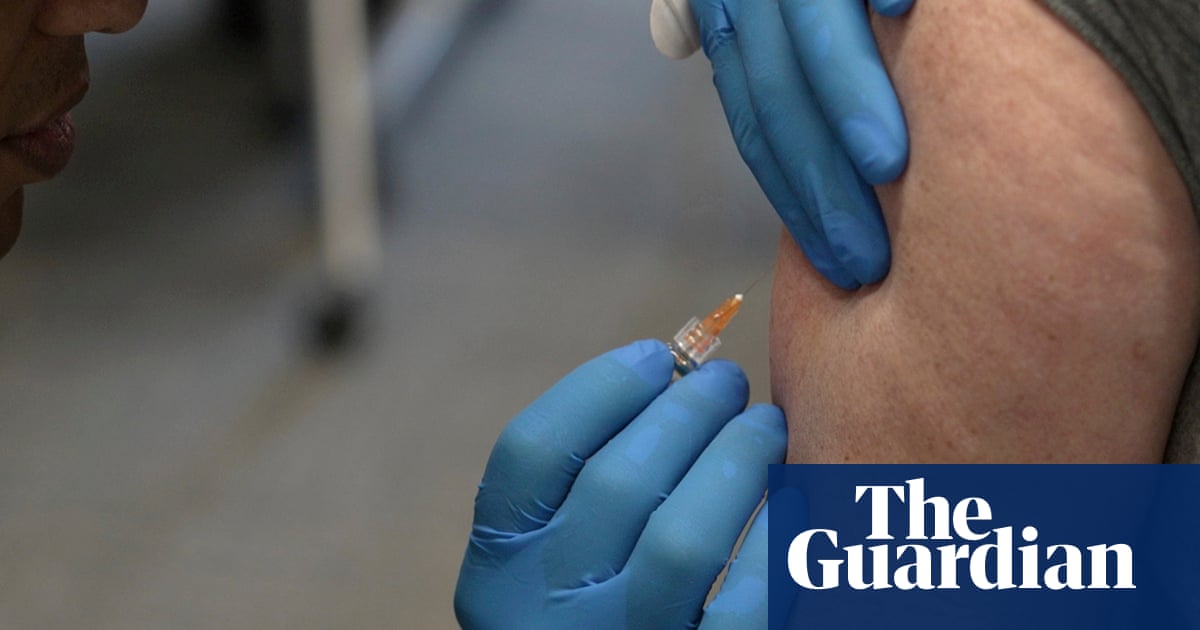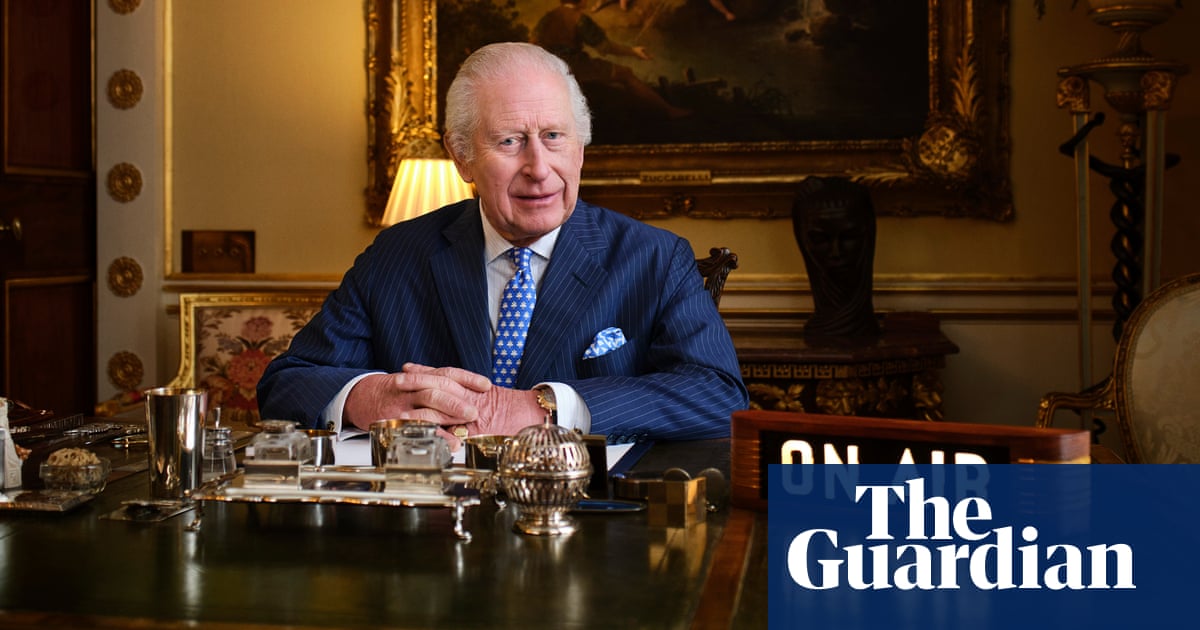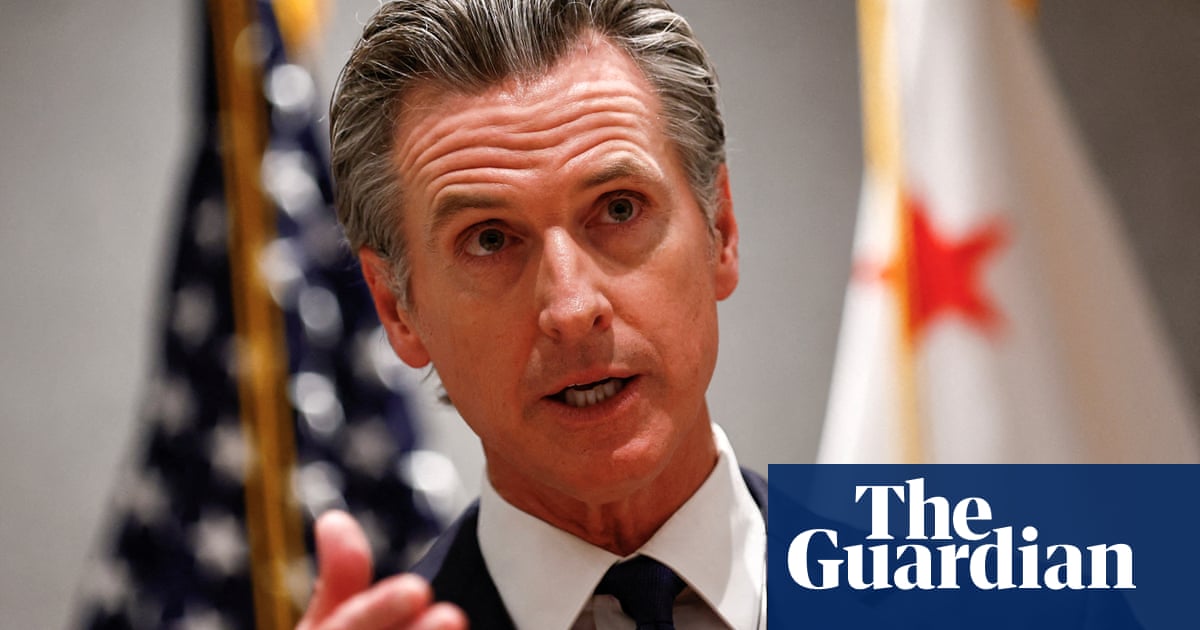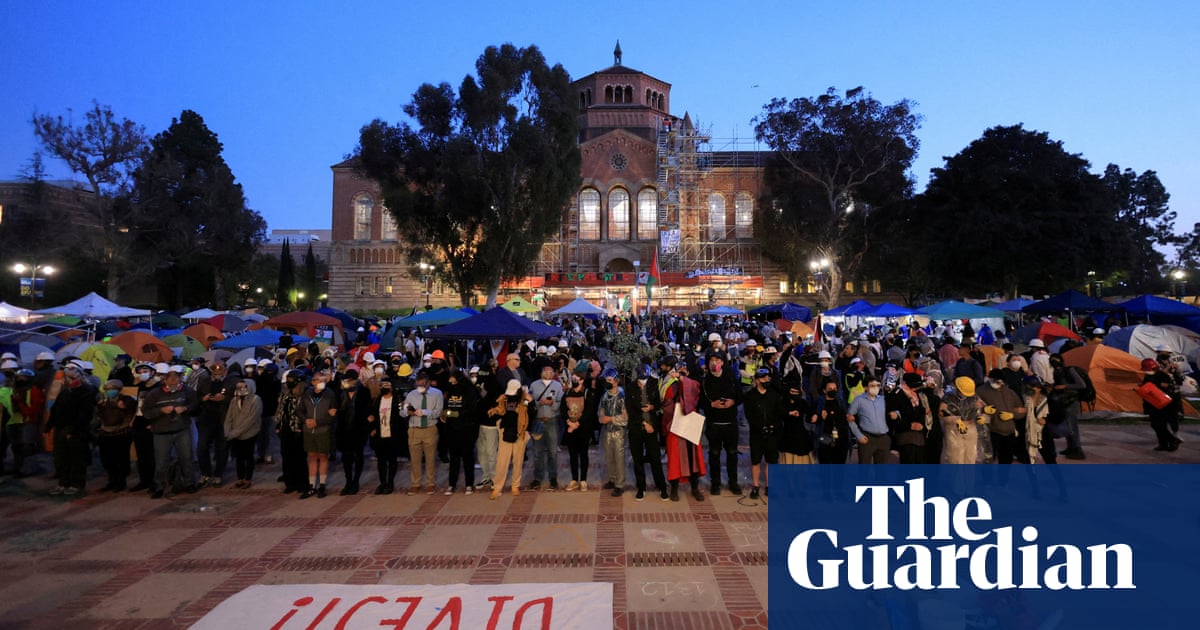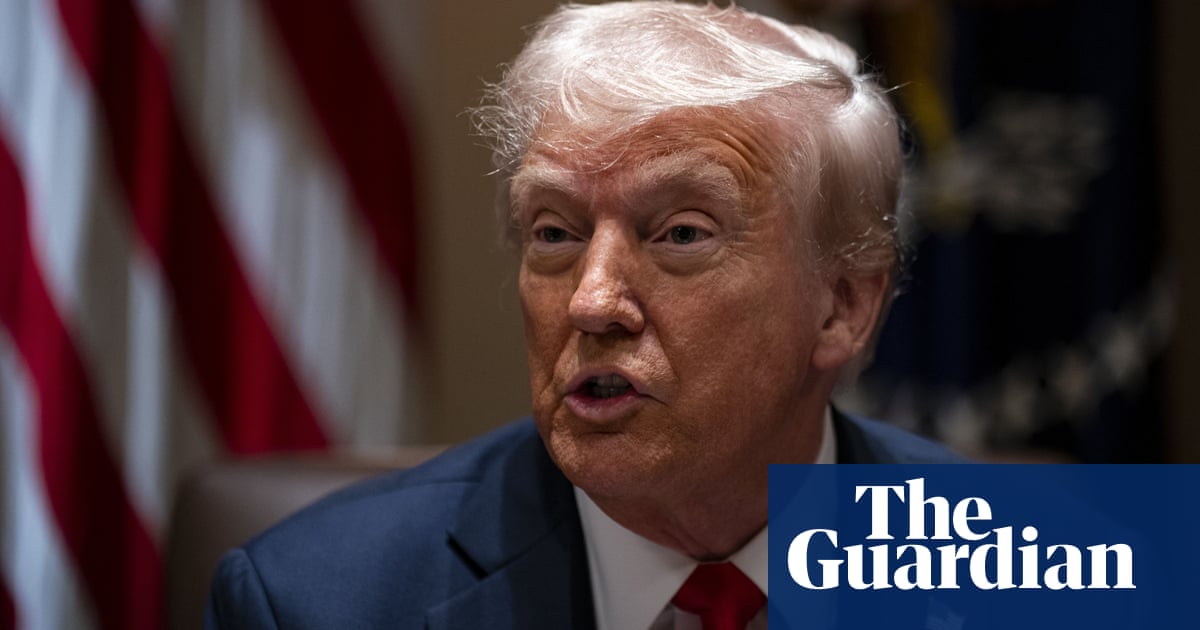Wednesday 6 November was a seismic day in the politics of the west. On one side of the Atlantic, it was confirmed in the early hours of the morning that the hard-right nationalist Donald Trump had been elected president of the US; on the other side, the government running Europe’s largest economy – Germany’s traffic-light coalition of social democrats, market liberals and greens – collapsed. It could hardly have come at a worse time.
The breakdown of the feuding Berlin alliance will leave a political vacuum in Germany for months, just when the EU needs decisive leadership. Instead, the country faces months of introspective electioneering, followed by protracted coalition negotiations, with investment and public spending on hold.
Germany is already in its second year of recession. Its economic model is broken because of the end of cheap Russian gas and declining exports to China, which is increasingly an industrial competitor. Its mighty car industry is shedding jobs and shuttering factories as orders slump. The government even revived border checks within the European Schengen zone in a panicked reaction after a migrant stabbed three people to death.
Populist, Eurosceptic anti-immigration parties of the extreme right and left – opposed to support for Ukraine – are gaining ground, making the formation of stable national and regional governments increasingly difficult. Between them, the far-right Alternative für Deutschland (AfD) and a new leftist insurgent movement led by the former communist Sahra Wagenknecht (BSW) are polling at about 25% of the national vote. Germany is succumbing to the “Dutch disease” – the collapse of big-tent mainstream parties and the fragmentation of the political spectrum that is debilitating many European democracies.
Sociologically, there are echoes of what drove Trump’s comeback. Working-class voters, particularly young white men, are turning to the extremes in frustration at falling living standards, stagnant wages, precarious jobs and anti-refugee resentment.
The coalition broke up ostensibly over economic policy. The finance minister, Christian Lindner, leader of the liberal, pro-business Free Democrats (FDP), rejected calls from the Social Democrats (SPD) and Greens to loosen Germany’s rigid constitutional “debt brake” and allow more spending on support for Ukraine and reviving the economy. Lindner demanded tax cuts and sharp reductions in welfare spending instead (even though public debt is lower than in any other G7 economy). That prompted the SPD chancellor, Olaf Scholz, to fire him rather than wait for the FDP to walk out.
In reality, Lindner wanted out because his party is fighting for survival, polling well below the 5% threshold needed to keep seats in the Bundestag, and has fallen out of many regional parliaments.
Scholz is now limping on with a minority SPD-Greens government and plans to seek a confidence vote on 15 January, which he is bound to lose – setting the stage for early elections in March. The opposition Christian Democrats (CDU/CSU) are demanding that he call an immediate confidence vote to bring the election forward, but they do not have enough votes to elect an alternative chancellor.
The German crisis comes at a time when France, its key partner in European leadership, is hamstrung by its own political turmoil. President Emmanuel Macron is increasingly a lame duck after his bungled dissolution of parliament in June left him cohabiting with a minority centre-right government whose survival is at the mercy of Marine Le Pen’s far-right National Rally.
This is all bad news for anyone expecting decisive European leadership as Trump takes office next year, and a windfall for opponents of closer European integration, led by the illiberal Hungarian prime minister, Viktor Orbán.
Opinion polls taken before the coalition imploded put Friedrich Merz’s CDU/CSU on about 33%, with the far-right AfD in second place on about 18%, the SPD on 15%, the Greens on 10%, BSW on 8%, and the FDP between 3 and 4%. Since no mainstream party is willing to consider a coalition with AfD, the only plausible governing combination would be a “Grand Coalition” of CDU/CSU and SPD for the fourth time since 2005, but even that alliance might barely have a parliamentary majority and need a third partner. Even if the FDP managed to jump the 5% hurdle, the CDU/CSU and FDP would not have enough seats to form a centre-right coalition.
Merz strongly supports increased military assistance to Ukraine and has criticised the “traffic light” government for holding back supplies of Leopard 2 tanks and more recently Taurus long-range missiles. However, it is not clear that he would be willing to suspend the debt brake and increase government borrowing to pay for more aid to Kyiv, or to invest more in Germany’s creaking public infrastructure or the green transition. He has also pulled the conservatives to the right on issues such as migration and energy policy since the days of the centrist chancellor Angela Merkel, and he may try to go back on the outgoing government’s ambitious net zero targets.
The collapse of the “traffic light” coalition is a disillusionment for those who believed that a progressive alliance was possible between pro-market forces, supporters of a bold green energy transition and advocates of social justice. The external hammer blows of the Covid-19 pandemic, Russia’s invasion of Ukraine and falling Chinese demand for German imports helped dash the German dream.
But German fiscal fetishism also played a central role in dooming Scholz’s government to failure. The centre-left went along for far too long with the conservatives and the FDP in clinging to the cult of balanced budgets and the debt brake. As a result, public borrowing remained taboo and investment in the country’s crumbling infrastructure has been woefully insufficient.
Whether a new conservative-led coalition would be willing or able to wriggle out of this stifling fiscal straitjacket is far from clear. If not, the German economy will die in good health, and Europe will be dragged down with it.
-
Paul Taylor is a senior visiting fellow at the European Policy Centre

.png) 3 months ago
37
3 months ago
37
